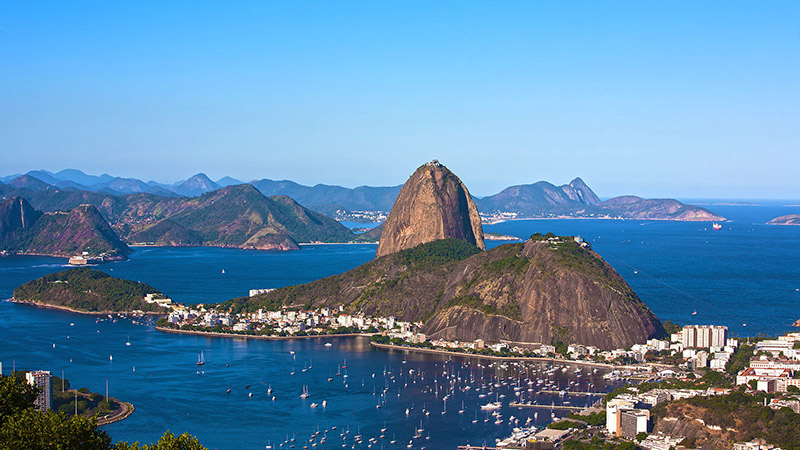Tribal leaders from the Amazon plan to use the Rio Olympic Games as a platform to highlight what they say are increased levels of violence against their peoples.
Data from the Missionary Indigenous Council will be released on Thursday – the day before the Games officially open – indicating a new spike in attacks.
According to a media briefing, leaders from Sao Paulo, Mato Grosso and the Amazon will speak of violence linked to new dams, cattle ranches, soy and palm oil plantations.
“The new findings by CIMI will suggest the Brazilian government is turning a blind eye to atrocities that undermine both of these national assets, while attempting to enact legislative changes that would destroy rights guaranteed under the 1988 Constitution,” says the briefing.
“The murder of Berta Cáceres in Honduras in March; of Edwin Chota, Jorge Rios, and two other Asheninka leaders in Peru in 2014; and the 26 March attack on Equator Prize 2015 winner from Cambodia, Ms. Phan Sopheak, are emblematic of battles taking place in some of the most remote indigenous territories worldwide.”
Brazil backs 1.5C
Rumours abound some athletes may seek to use the opening ceremony to show their support for limiting global temperatures to 1.5C above pre industrial levels.
Brazil’s environment minister Jose Sarney Filho backs the ambitious warming limit, he told an Olympics and climate event in Rio at the back end of last week.
“Half a degree may seem little. But for many it can mean survival”, he said. “The focus from now on must be the implementation with an effort to go beyond the stated goals and to shorten the deadlines.
“Achieving an ambitious emissions reduction is not a mere intention, is a necessity”.
The US is finally getting its first offshore #wind farm, off Block Island, RI https://t.co/9aUfh3Qsml @wired pic.twitter.com/qJ1p5o4ec3
— SEI Climate (@SEIclimate) July 31, 2016
Greener planes?
Ban Ki-moon has welcomed the publication of an environmental report by the UN’s aviation body, ICAO, calling it important progress towards greening the industry.
Former UN climate chief Christiana Figures said it was a “crucial step” towards peaking GHG emissions across the sector by 2020.
Here’s the report.
Soaring solar
Fresh from their historic solar-powered flight around the world, Solar Impulse pilots Bertrand Piccard and Andre Borschberg plan to use their experience to boost renewables.
The pair want to launch a “committee for clean technology” to explore new ways to make transport greener.
UK nuclear farce
…continues, after the government delayed a final decision on the proposed new Hinkley point power plant. It has left French, Chinese and Japanese investors worried.
Nick Butler at the FT has a helpful analysis of the situation as it stands; the decision has caused frictions in the Treasury over the weekend, according to the same newspaper.
Conflict drives hunger
War and protracted instability in 17 countries has left over 50 million people at risk from famine, the UN’s Food and Agriculture Organisation says in a new report.
“Topping the list in terms of the sheer numbers of people whose food security is being negatively impacted by ongoing conflict are Yemen, where 14 million people – over half the population – are now in a state of hunger crisis or emergency on the IPC scale, and Syria, where 8.7 million people – 37 percent of the pre-conflict population – need urgent food, nutrition and livelihoods assistance.”
Finally… some good news!
England's plastic bag usage drops 85% since 5p charge introduced https://t.co/Thgd0677iW
— Guardian Environment (@guardianeco) July 29, 2016
